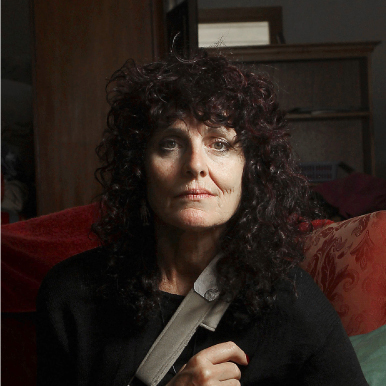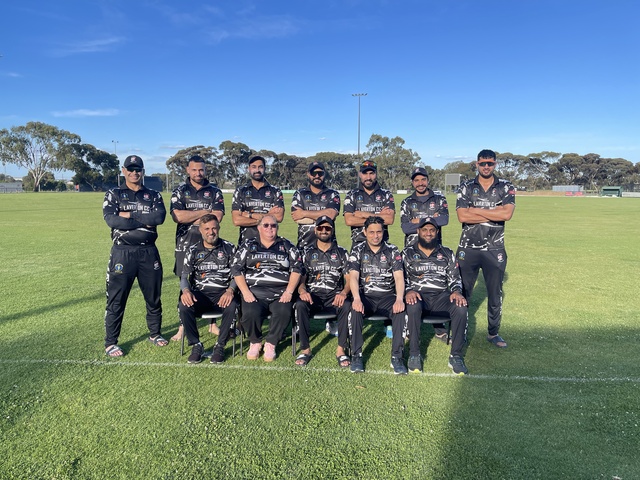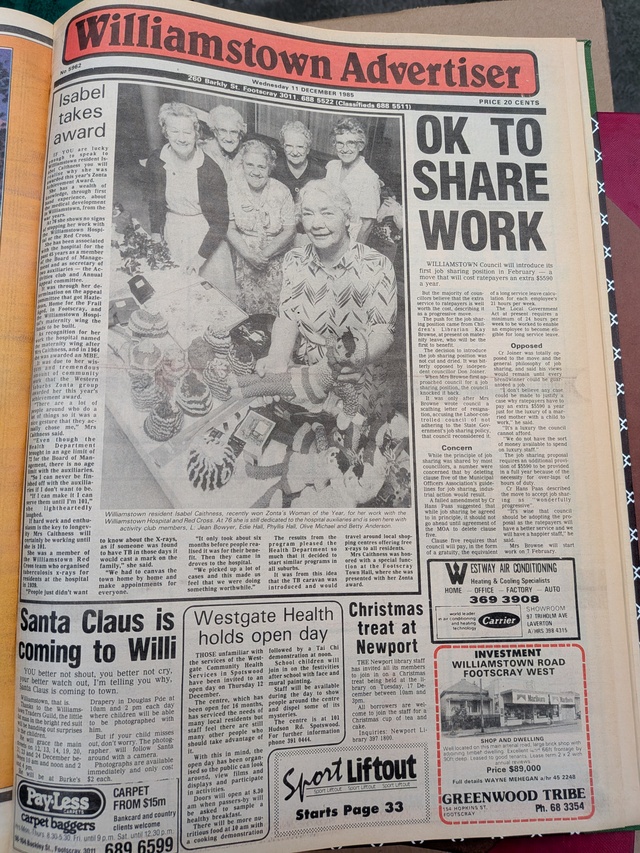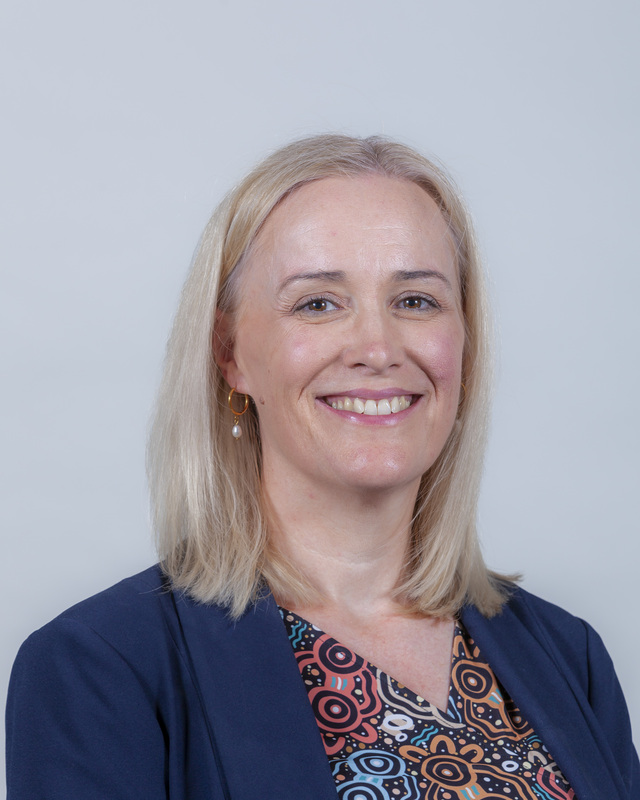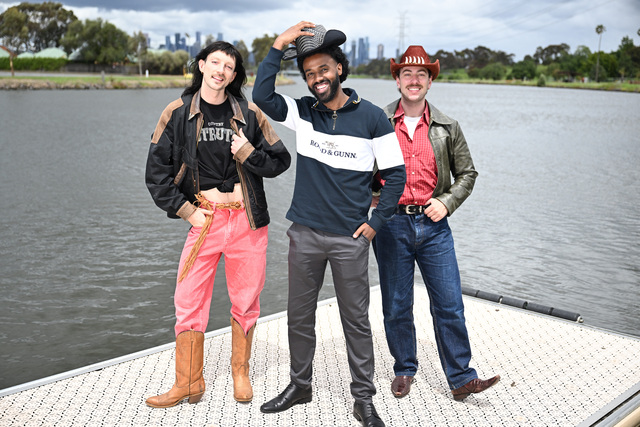Laura Little spoke to three people diagnosed with acquired brain injury and found common links: memories lost and lives altered beyond recognition.
Lee Du Toit feels trapped between two lives.
In 2005, the Werribee resident was involved in a car xxaccident, near Robinvale, in which she suffered a major blow to the head.
The injury was so severe it erased all memory of her life before the accident.
It also altered her personality and behaviour, turning her from a successful woman with a high-powered corporate job to someone who’s afraid to leave the house.
Friends and family told her she was married and divorced before the accident and that she had two children. But she doesn’t feel any connection to them.
“I feel like they are another woman’s children. I don’t feel anything for them,” DuToit says, fighting back tears.
“I am not their mother. I don’t think she abandoned them, but she died in that car accident.
“I am not her. I might have her body but I am not her.”
For years Du Toit tried to find out about her life before the accident and the person she was, but it left her frustrated and confused.
“I knew who I was now, but I wanted to know who the other person was. But I lost so many years there was no going back. I had to give the other woman up.”
The accident left her with no physical scars to suggest she suffered a significant trauma, so she feels as though people think she’s lying about her problems.
“People have accused me of being on drugs,” she says. “I have been tormented and called mentally ill because they don’t understand what acquired brain injuries are.
“It has made me phobic of people because I feel like I’m being judged.’’Like DuToit, Peta Ferguson is fed up with people judging her.
The Yarraville resident is treated as though she is mentally ill or has an intellectual disability because her acquired brain injury (ABI) has left her with problems in walking and speaking.
At 24, Ferguson tried to take her own life by overdosing on pills.
That action caused a brain haemorrhage, which injured the parts of her brain responsible for walking and talking.
For the next three years she battled with being unable to talk, while it took four years to learn to walk again.
The ABI also killed off her desire to continue studying law at university despite completing two years of her degree before the overdose.
But she has become determined not to let it destroy her life or that of other sufferers.
With the support of her husband who is a mental health nurse, Ferguson recently started work with Maribyrnong Council.
She visits the municipality’s cafes ensuring their service and set-up are disability-friendly.
She is also the president of a Melbourne-based ABI support group called Brain Injury Matters.
The group began in the western suburbs in the mid-1990s and recently moved to the CBD to provide its members with better access to services.
Ferguson dreams of raising awareness of ABIs and ensuring sufferers get the help they need.
‘‘There is more awareness now than in 1983. I didn’t know of any support 30 years ago and it’s important that you get support.
‘‘Some ABI patients end up in a deep depression after the diagnosis. I was depressed when I first came out of hospital and I stored up my medication and ended up in a [psychiatric] ward.
‘‘People need support to cope with these injuries.’’
Essendon intensive care anaesthetist Sean Hearn has seen a lot of ABI patients over the years through his work at the Western Private Day Hospital.
He says every patient experiences different injuries and weaknesses because of their ABIs, but most suffer some memory loss.
Others experience muscle weakness, a loss of co-ordination and changes in their behaviour.
It is also not uncommon for ABI sufferers to feel isolated from people.
‘‘People experience psychological changes from post traumatic stress disorder, anxiety, irritation and anger and for some that can lead to substance abuse because they feel isolated.’’
Epworth transitional living centre manager Helen Harrington says it’s important for ABI patients to learn how to cope with their injuries, emotions and expectations.
She says many are frustrated at having to re-learn skills they developed years ago and struggle to cope with the memories of their lives before they were injured.
‘‘They had a life pre-accident, so they don’t feel like they have a disability as they didn’t grow up with a disability,’’ says Harrington.
‘‘They often have a clear understanding of their life before the injury and then they are confronted with the realisation that life is quite different.’’
The transitional living centre provides patients with a place where they can learn to look after themselves, plan and prepare their own meals and perform other daily tasks most people do without thinking about.
‘‘It helps them feel independent and helps them realise their goals and achievements,’’ says Harrington. ‘‘Their lives might be different, but they still have hopes and dreams for the future and the centre helps them be aware of what the future can hold.’’
Harrington says the centre also prepares patients for how people might treat them.
‘‘People will often misinterpret what is wrong with [ABI patients] and treat them in a patronising way. Some people get misjudged and accused of being drunk or on drugs, and that can affect how they feel about themselves.
‘‘We help them develop lots of coping strategies so they do cope when someone is looking at them strangely.’’
David Jones is all too familiar with the stares from curious strangers.
The 28-year-old has no memory of September 28 last year.
He knows that a storm passed over Melbourne that afternoon, causing torrential rain, thunder and lightning.
He also knows that he was hit by a train while trying to cross the tracks at North Williamstown station on his way home from work — but only because that is what friends and family told him.
He doesn’t know if he simply didn’t see the train because of the inclement weather or if he was trying to beat it.
Jones was trapped under the train for almost an hour before being flown to The Alfred hospital in a coma, which he remained in for most of the next month.
When he woke up he learnt he had suffered nerve damage to his left shoulder, brain bleeds, and two skull fractures, leaving him with an acquired brain injury.
The ABI meant he had speech, balance and co-ordination problems and had to learn to walk again.
“That was hard,’’ says Jones. ‘‘I had a limp and I needed guidance so I could walk. Even now I have to concentrate on walking.
“There is a lot of co-ordination needed. There was once when it really caught up with me because walking should be a natural thing.”
He spent three months in the Epworth Hospital’s ABI rehabilitation program, spending most of the time in the transitional living centre preparing for the day he could go home to girlfriend Ash Charewicz.
Charewicz is at loss to explain what happened on September 28 because her boyfriend, who grew up on a farm near Ballarat, is always so cautious.
“Dave has always been extremely positive,’’ she says. ‘‘There is always someone else worse off, but there have been periods when he has broken down and been really frustrated.’’
“His life has been taken away from him at 28. He can’t drive or do his job. He won’t be able to play football again.’’
She says he never shied away from his injuries and is determined to get his driver’s licence back in January and return to work as a carpenter.
But she adds it has been difficult to see other people’s reactions to his injuries.
“People used to stare. He looked a lot different when he first came out of hospital. His teeth are a big factor. People judge him. They have preconceptions that he’s a ‘derro’. People stop and want to know what happened, but they forget that they stare.”
For the forseeable future, Jones will need to attend rehabilitation sessions four times a week, with doctors saying they’ll be unable to determine the extent of his injuries for two years.
“I would have been better off if the accident didn’t happen,’’ he says, ‘‘but I’m lucky with the injuries I got — it could have been much worse and I still have my life.’’
For more information about Brain Injury Matters, call 96397222.
For details about the Epworth Hospital’s ABI rehabilitation program, call 94266666.

